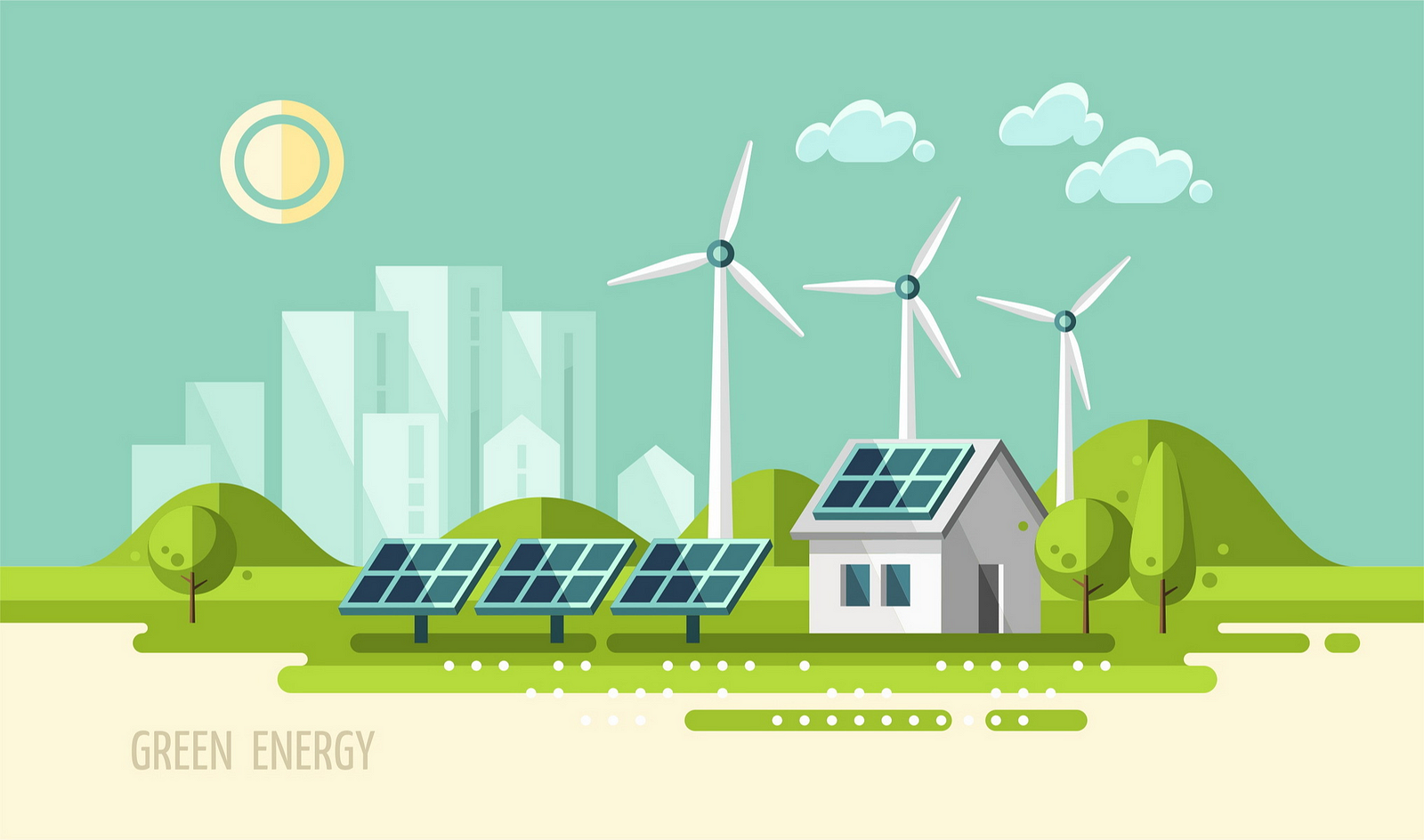Hello Everyone!
This week, I'm going to talk about our first topic--efficient energy capture, storage, and transmission.
As most of you probably know, human civilization mainly run off of fossil fuels; however, this type of energy source is not only finite, but it also negatively impacts the environment. In our committee, we hope to talk about alternative ways to power human developments, perhaps through biomass, hydropower, wind power, solar energy, or geothermal energy. While all these sources of energy provide interesting alternatives to traditional fossil fuels, they aren't all super efficient, so it's important to keep in mind how your country's natural resources, financial standings, and policies would play into energy development. Often, when people talk about renewable energy, they forget about the potential cons that come along with it. Make sure you think about how switching to alternative energy could affect certain jobs/industries and what demographic of people this would impact.

Hope you all have a great upcoming week preparing for BMUN. See you soon!
-Tal
This week, I'm going to talk about our first topic--efficient energy capture, storage, and transmission.
As most of you probably know, human civilization mainly run off of fossil fuels; however, this type of energy source is not only finite, but it also negatively impacts the environment. In our committee, we hope to talk about alternative ways to power human developments, perhaps through biomass, hydropower, wind power, solar energy, or geothermal energy. While all these sources of energy provide interesting alternatives to traditional fossil fuels, they aren't all super efficient, so it's important to keep in mind how your country's natural resources, financial standings, and policies would play into energy development. Often, when people talk about renewable energy, they forget about the potential cons that come along with it. Make sure you think about how switching to alternative energy could affect certain jobs/industries and what demographic of people this would impact.

Hope you all have a great upcoming week preparing for BMUN. See you soon!
-Tal
Ethiopia agrees that the global community needs to grow away from the fossil fuels that supply 80% of the world's energy needs. However acknowledges that renewable energy has many aspects that must be debated and considered in the implementation of them.
ReplyDeleteThe delegation of Nepal understands how reliant most our world today is on fossil fuels, due to their efficient means of capture and transport alongside their affordability. It would be difficult to impose harsh tariffs on these fossil fuels, in order to protect the environment, as many developing countries rely on fossil fuels as their primary energy source due to their economic viability.
ReplyDeleteIn some cases there are more efficient means of energy capture within these countries that is not being put to use. Hydro and Wind power are both reasonably efficient, alongside at least one of the two if not both being possible in most regions globally. Even in rural regions with difficult terrain in Nepal, Wind energy capture plants proved to be efficient enough to supply larger local areas with efficient and affordable energy.
Clean and economically viable energy is something everyone wants - the challenge lies in how to do it. With such a economically and environmentally diverse set of member nations, solutions must walk the line between specificity and vagueness. Every nation has its own strengths and weakness, but nations can be more similar than different. Collaboration between similar nations will be crucial in creating plans to install efficient energy solutions. Climate change is not an individual problem; solving it should not be an individual burden. Passing solutions that promote the collaboration between nations on a smaller scale will be critical to combating climate change and energy shortages.
ReplyDelete- The Philippines
This comment has been removed by the author.
ReplyDeleteChina sees the pattern in the responses: a call for coming together and switching away from fossil fuels and doing so while leaving room for countries to have freedom in implementation.
ReplyDeleteThis delegate would like to point out China's progressive goals that western imperialist countries found overly-ambitious and how China has met those goals and continues to progress the national green standard and increase energy efficiency within its borders.
The delegation of China believes that a proper resolution should highlight aspects mentioned in other blogs by Nepal and the Philipines while leaving an emphasis on individual goal setting and national involvement in the markets and the reason is this: Western countries such as the United States have pushed hard for free market capitalism however China's socialist market economy has allowed it to drastically shift its emissions back and increase efficiency while it is on track to beat the economy of the United States, reaching the largest economy in the world.
This delegate is eager to implement many of the reforms that were left as comments but hopes that stronger national involvement is a key part of the conversation in preserving tomorrow.
The Hellenic Republic would further like to like to incorporate the fact that although various cities and nations are ever so presently expanding their alternative energy potential, the availability of certain natural resources would provide an effective way to feed energy into the provisions provided. One such resource includes the ever-growing liquefied abundant natural gas present within our nation, with growing discoveries of more reserves containing trillions upon trillions of cubic meters of the gas. With these reserves put into proper use, delegate nations should expect a self-sustaining Greece in the near future. It shall further be noted that the nations of Israel, Lebanon, and other surrounding are working together on the Aphrodite Gas field southern stream, making it an imperative find not only to continue with but also the notion of setting aside past differences in order to collaborate on the topic at hand.
ReplyDelete